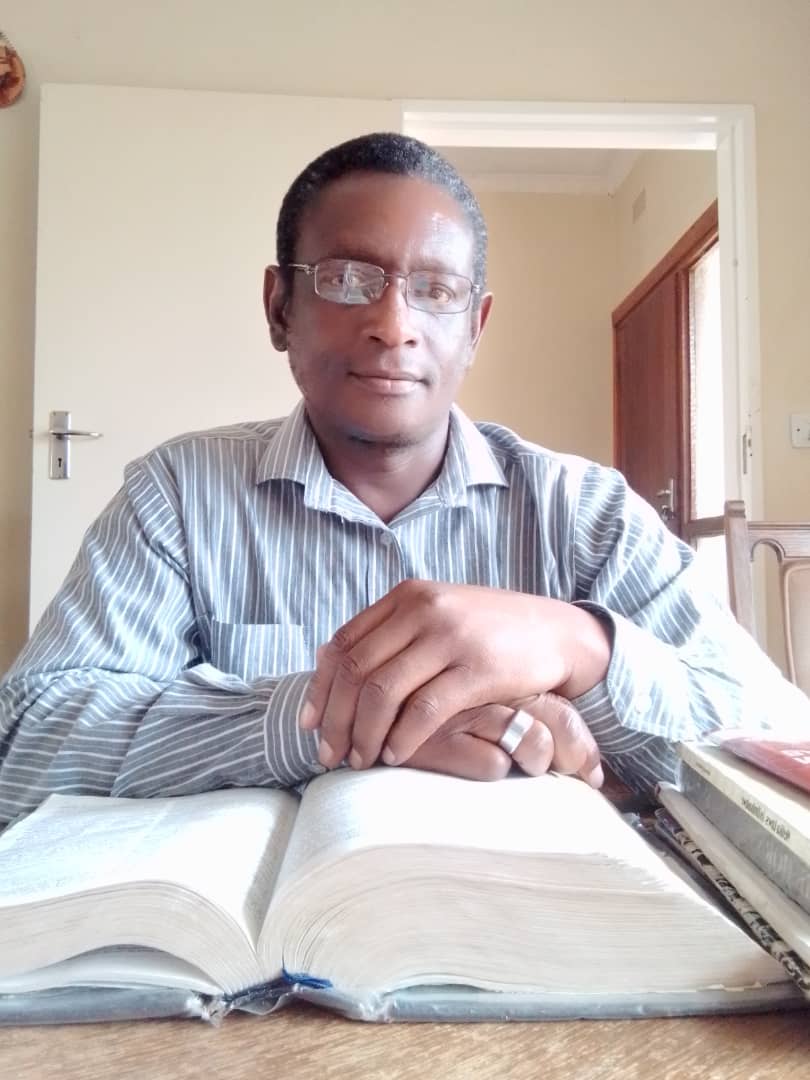To be quite honest, before a few years ago, I had no idea of the existence of the word “name-dropping” – not until it was popularized in this so-called “Second Republic”, as it was transformed into a household term.
For those who may still be in the dark – as I was, not so long ago – this is when someone casually mentions a well-known, or illustrious, person, or the titles of their works, often implying familiarity or association, especially in order to impress others, increase one’s status, or to appear knowledgeable or fashionable.
In the context of Zimbabwe, this name-dropping goes as far as the mentioning of a high ranking powerful official’s name, in order to gain something corruptly, or fraudulently.
Although, we have always been aware of such a practice – as is has been in our midst, as human beings, for as long as humanity itself – possibly, knowing the correct term used to describe it, could have been what some of us did not know.
Nonetheless, the whole concept of name-dropping, as an effective way of corruptly or fraudulently opening doors – that would normally not have been opened in a normal, and above-board scenario – is, in itself, an extremely worrisome prospect.
It becomes even more troublesome when one analyzes this matter from a Zimbabwean point of view.
For as long as I have heard those in the ruling establishment mention this issue of name-dropping, it has seemingly always been in the context of discouraging ordinary people from engaging in such practices – that is, to use a high-powered individual’s name for the corrupt attainment of any gain.
However, I have never heard them actually come out boldly in the open, declaring that, no matter how anyone name-drops, or no matter how genuine the name-dropping is – no top government official had any powers to facilitate, or order, a junior government subordinate into illegal action.
For instance, if I were to approach the passport office in the capital, and told them that I was a nephew of the president, or the minister of home affairs, or any other high ranking officer, thereby, ordering them to urgently facilitate the production of a travel document – which, they actually oblige – the question, then, would be, “If my claim had been true, does any one of those individuals (president, home affairs minister, or high ranking official) even have the powers to make such an order for an individual’s passport to be processed?”
Let me give another example, if someone is arrested by the police on the suspicion of having committed a criminal offence, does the president, or home affairs minister, or any other senior political or law enforcement officer, even have the authority to order the release of that person?
So, how can name-dropping even work? But, in Zimbabwe is does.
Is it not a fact that, if the mere mention of a powerful person’s name can instigate such a reaction from junior officers, then it is a clear sign that the rot in our country has reached the very highest offices in the land – and, also that these junior officers needed to be protected when they refuse to obey illegal instructions from their superiors?
There is no way the country can successfully combat corruption as long as this disturbing trend is not curbed.
Surely, how can we fight the scourge of corruption when junior government officers believe that they are obliged to obey any and every instruction from their seniors, or those wielding power in the country – whether issued directly, or through name-dropping?
When a district or provincial mines, or agricultural, officer actually believes that it is perfectly permissible to award a mining license, or farm, to any individual, just because the order came from the president, or minister, renders the country governed by laws of the jungle.
Therefore, before those in power open their mouths, urging members of the public to desist from using their names to garner unwarranted favours, they should first make it abundantly clear that they themselves do not even have the powers to issue such orders, and those in lower positions need to be guaranteed their safety and job security – in the event that they refuse to undertake an unlawful instruction, be it directly from their superiors, or via name-dropping by others.
Without such deliberate action, then the fight against corruption will forever be a pipe-dream in Zimbabwe – if anything, it will only worsen.
© Tendai Ruben Mbofana is a social justice activist, writer, author, and political commentator. Please feel free to contact him on WhatsApp/Call: +263715667700 / +263782283975, or Calls Only: +263733399640, or email: mbofana.tendairuben73@gmail.com

COMMENTS